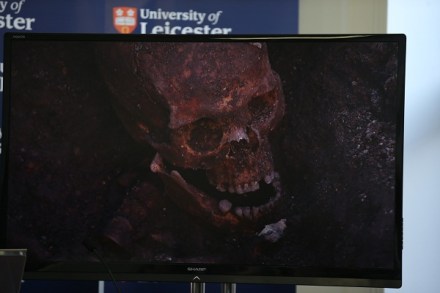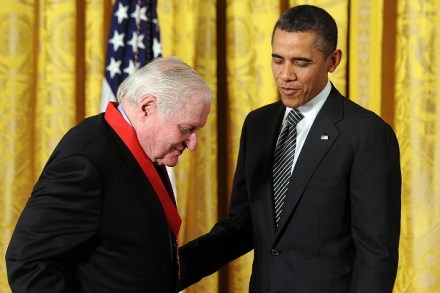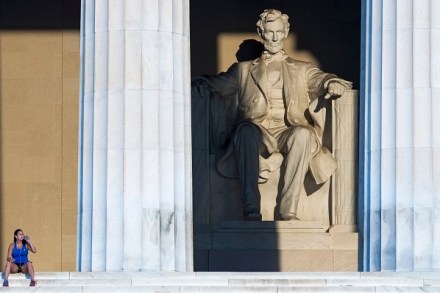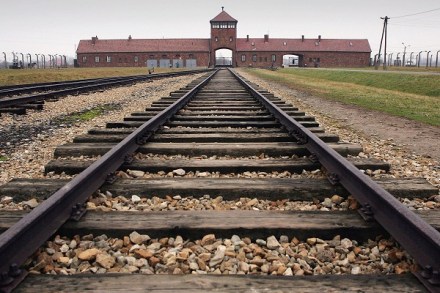Reading Richard III
The confirmation that bones found beneath a Leicester car park are ‘beyond reasonable doubt’ those of Richard III has launched a deluge of familiar puns. ‘A hearse! A hearse! My kingdom for a hearse!’ say numerous wags on Twitter. I wonder if Richard III would be remembered so widely today were it not for Shakespeare. The

























